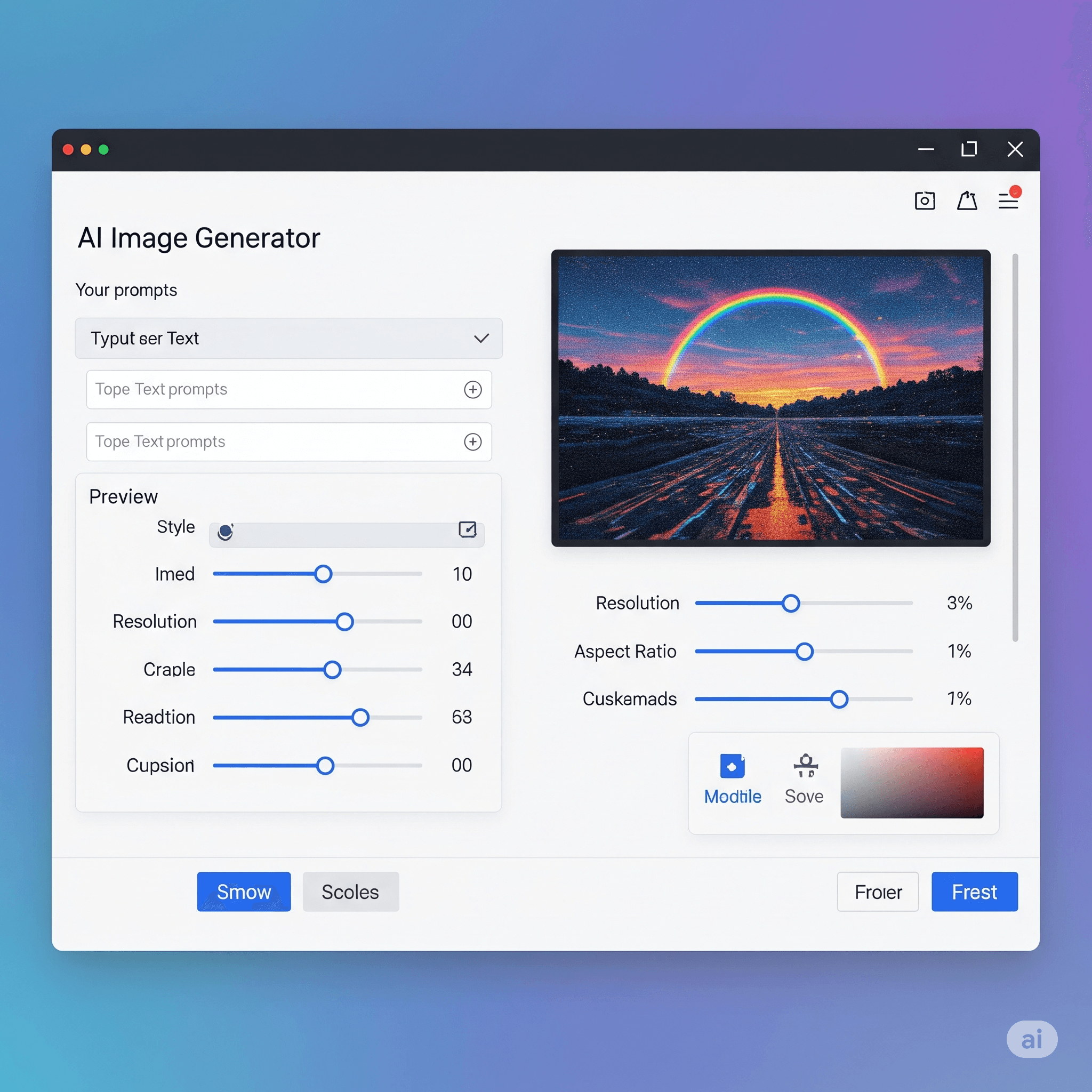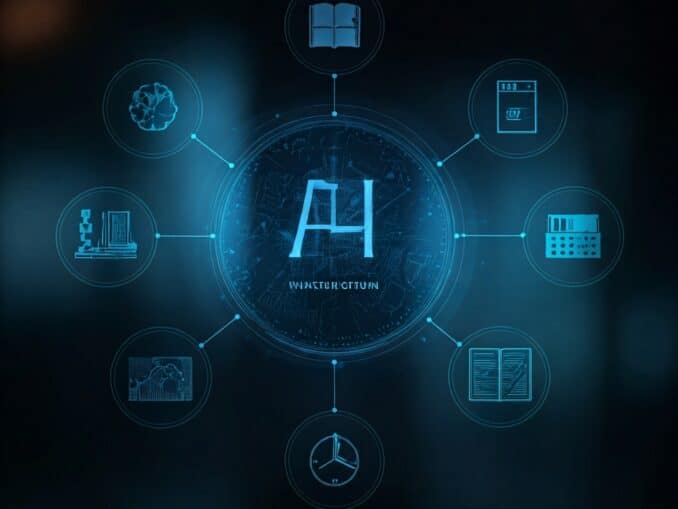Question: Which of the following does not store data permanently?
Answer:
Among the given options, the following storage medium does not store data permanently:
1. RAM (Random Access Memory): RAM is a type of computer memory that is volatile, meaning it does not retain data when power is turned off or lost. It is used for temporary storage of data and instructions that are actively being used by the computer's processor. The contents of RAM are erased when the computer is powered down or restarted.
On the other hand, the remaining storage options mentioned, such as hard drives (HDDs), solid-state drives (SSDs), and flash drives, are non-volatile storage devices that can retain data even when power is turned off. They are used for long-term storage and can store data permanently (unless intentionally erased or modified).
It's important to note that even non-volatile storage devices can experience data loss due to hardware failure, damage, or intentional deletion. Regular backups and data redundancy strategies are recommended to ensure data preservation and prevent loss.
MCQ: Which of the following does not store data permanently?
Explanation:
Among the given options, the following storage medium does not store data permanently:
1. RAM (Random Access Memory): RAM is a type of computer memory that is volatile, meaning it does not retain data when power is turned off or lost. It is used for temporary storage of data and instructions that are actively being used by the computer's processor. The contents of RAM are erased when the computer is powered down or restarted.
On the other hand, the remaining storage options mentioned, such as hard drives (HDDs), solid-state drives (SSDs), and flash drives, are non-volatile storage devices that can retain data even when power is turned off. They are used for long-term storage and can store data permanently (unless intentionally erased or modified).
It's important to note that even non-volatile storage devices can experience data loss due to hardware failure, damage, or intentional deletion. Regular backups and data redundancy strategies are recommended to ensure data preservation and prevent loss.
Discuss a Question
Related Questions
- 1. Which of the following is the smallest storage?
- 2. Which of the following contains permanent data and gets updated during the processing of transactions?
- 3. Which of the following helps to protect floppy disks from data getting accidentally erased?
- 4. A modem is connected to
- 5. Large transaction processing systems in automated organisations use
- 6. In a computer, most processing takes place in
- 7. Which of the following is not a storage medium?
- 8. The computer abbreviation KB usually means
- 9. The typical computer criminal is a(n):
- 10. The common name for the crime of stealing passwords is:
You may be interested in:
Computer Basics MCQs






